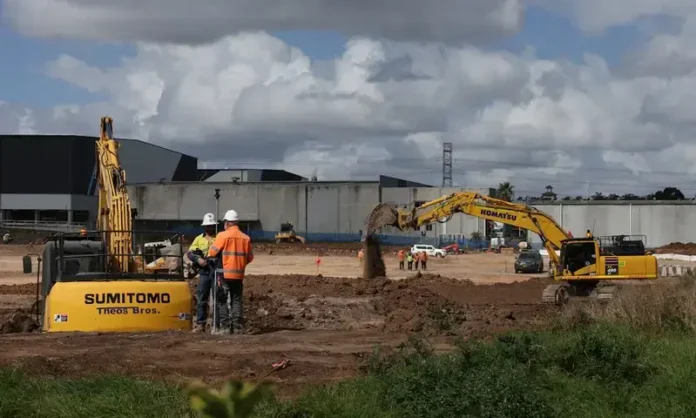Authorities in Sydney have approved the construction of multiple data centres, raising alarms about the potential strain on the city’s water resources.
The New South Wales government green-lit all ten data centre applications it has received since expanding its planning powers in 2021. Major companies like Microsoft, Amazon and Blackstone’s Air Trunk are among the approved projects, which are expected to bring A$6.6 (approximately $4.35 billion) in construction spending.
However, these centres are projected to consume up to 9.6 gigalitres of clean water annually, accounting for nearly 2% of Sydney’s maximum water supply.
Disturbingly, less than half of these applications included any estimates on how much water they would save through alternative sources.
While state planning laws require developers to show how they will minimise the consumption of resources, they donot mandate measurable projections on water usage or savings.
The state planning department noted that the approved centres collectively estimate a water consumption of 6.9gigalitres but highlighted that only five of these projects outlined plans to reduce demand over time, without specifying whether those plans were measurable.
“In all cases, Sydney Water advised the Department that it could supply the required water for the data centres”, a spokesperson said.
According to the projections from Sydney Water, data centres could consume up to a quarter of the city’s available water by 2035, potentially reaching 135 gigalitres. These estimates assume the centres will successfully implement water-saving measures for cooling operations, though specific targets have not been disclosed.
Sydney’s water supply is already under pressure, relying on a single dam and a desalination plant. Past droughts have led to bans on non-essential water use for residents, highlighting the urgency of the situation.
An associate professor of environmental science at Western Sydney University, Ian Wright that they are already shortfall between water supply and demand. He warned that the growing water needs of data centres could exacerbate problems during droughts.
While data centres demand surges due to increased on AI and cloud computing, New South Wales lacks strict water usage regulations for these facilities. Only three of the ten approved applications provided projections on reducing reliance on public water sources like rainwater.
The largest approved centre, a 320-megawatt facility by AirTrunk, claimed it would reduce potable water consumption by just 0.4% through rainwater harvesting.
Local councils are increasingly voicing concerns about competition for limited water supplies, especially as the state aims to build 377,000 new homes by 2029 to address housing shortages. Blacktown council’s Damien Atkins emphasised the need for greater scrutiny over these approvals.
In the city’s northern area, Lane Cove council has requested the return of approval powers to local authorities, citing water usage concerns.
Neighbouring Ryde council has reported that the eleven data centres in its jurisdiction would consume nearly 3% of its water supply and has called for a moratorium on new approvals.
Residents like Meg Sun, who runs a small vegetable farm near these construction sites worry about the impact of increased water demand during future droughts. “We can’t even run the business then, because we do rely on water”, she said expressing her fears for the future.
























































